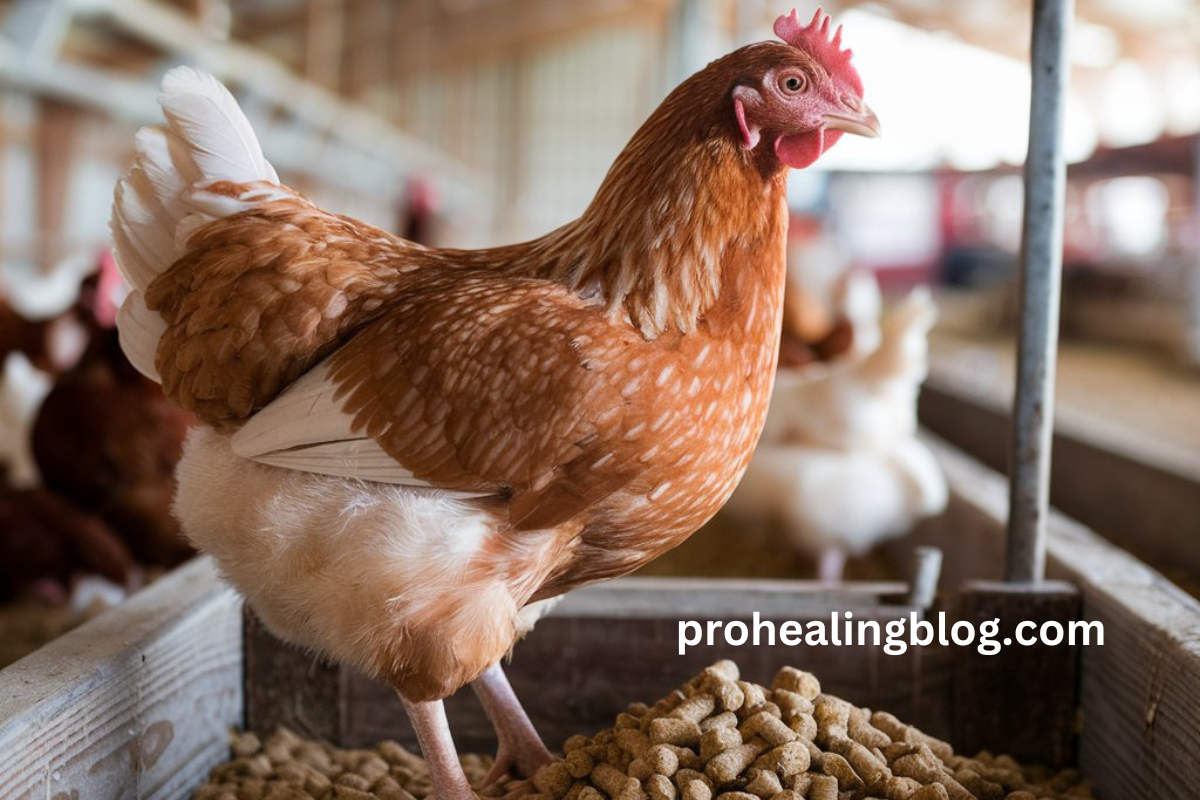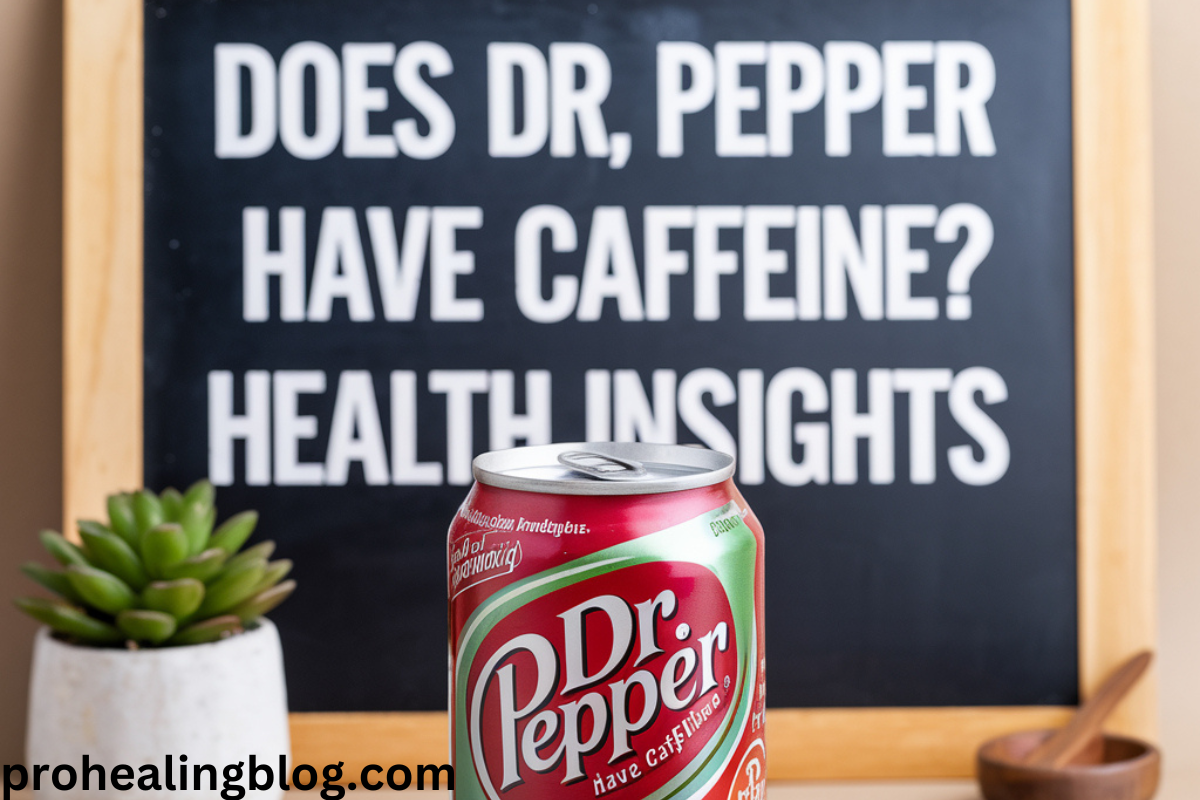Broiler chickens grow quickly and require proper nutrition to support their health and development. High-protein feeds are essential for their growth, muscle development, and overall well-being. Understanding why high-protein feeds are more beneficial for broiler chickens ensures healthier flocks and better productivity.
The Role of Protein in Chicken Health
Protein is a key nutrient for broiler chickens. It supports tissue repair, immune function, and muscle development. Broilers, bred for rapid growth, need high-protein feeds to meet their metabolic demands.
Key Benefits of High-Protein Feeds
- Accelerated Growth: Protein promotes muscle formation, ensuring broilers reach market weight faster.
- Enhanced Immune System: Amino acids in protein strengthen the immune response.
- Improved Feed Conversion: High-protein diets maximize weight gain per feed unit.
See Also: Does Dr Pepper Have Caffeine: Health Insights
Why High-Protein Feeds Matter for Broilers
High-protein feeds help broiler chickens meet their genetic potential. Broilers are often harvested at just 6-8 weeks old, requiring optimal nutrition during this short lifespan.
Protein and Muscle Growth
Protein builds lean muscle, ensuring broilers develop strong, healthy bodies. This not only improves meat quality but also enhances overall productivity.
Energy Balance
High-protein feeds provide energy for rapid growth without excessive fat deposition, ensuring healthier chickens and higher-quality meat.
Statistics on Broiler Growth and Protein Needs
- Protein constitutes 18-23% of the ideal broiler diet, depending on their growth stage.
- High-protein feeds improve feed efficiency, with a feed conversion ratio (FCR) as low as 1.5 in optimized conditions.
- Studies show that broilers on high-protein diets reach market weight 10-15% faster than those on standard diets.
These statistics highlight the efficiency of protein in broiler production.
Recommended Protein Sources for Broiler Feeds
- Soybean Meal: High in protein and essential amino acids.
- Fish Meal: Excellent for boosting growth during early stages.
- Corn Gluten Meal: Provides a concentrated protein source.
- Alfalfa Meal: Adds fiber and protein for balanced nutrition.
- Insects: Emerging as a sustainable protein alternative.
Combining these sources ensures a balanced and effective diet for broilers.
Risks of Low-Protein Diets
Feeding broilers low-protein diets can lead to:
- Stunted Growth: Lack of protein delays muscle development.
- Weakened Immunity: Poor nutrition leaves broilers vulnerable to diseases.
- Reduced Productivity: Lower weight gain increases production costs.
Providing sufficient protein avoids these risks and ensures flock health.
Best Practices for Feeding High-Protein Diets
Match Diet to Growth Stages
- Starter feeds (0-3 weeks): 22-24% protein for early growth.
- Grower feeds (3-6 weeks): 20-22% protein to maintain growth.
- Finisher feeds (6+ weeks): 18-20% protein to prepare for market.
Monitor Feed Quality
Ensure feeds contain digestible proteins and minimal fillers. This improves nutrient absorption and reduces waste.
Supplement with Amino Acids
Add lysine and methionine, two critical amino acids, for maximum growth benefits.
Conclusion
High-protein feeds are crucial for broiler chickens, supporting their rapid growth, health, and productivity. By understanding their protein needs and incorporating quality feed sources, farmers can ensure healthier flocks and improved outcomes. Investing in high-protein diets not only benefits the chickens but also boosts overall production efficiency.
See Also: PubChem is the World’s Largest Chemical Database
FAQs
Why might high-protein feeds be more beneficial for broiler chickens?
High-protein feeds support rapid growth, strong muscles, and better immune function in broilers.
What happens if broilers eat low-protein feeds?
Low-protein diets can cause stunted growth, weak immunity, and poor productivity in broilers.
What are the best protein sources for broiler chickens?
Soybean meal, fish meal, and corn gluten are common protein sources for broiler feeds.
How much protein do broiler chickens need?
Protein requirements vary by growth stage, ranging from 18-24% of their diet.
Do high-protein feeds affect meat quality?
Yes, they improve meat quality by enhancing muscle development and reducing fat.
Are there risks to overfeeding protein?
Excessive protein can strain the liver and kidneys. A balanced diet is key.






